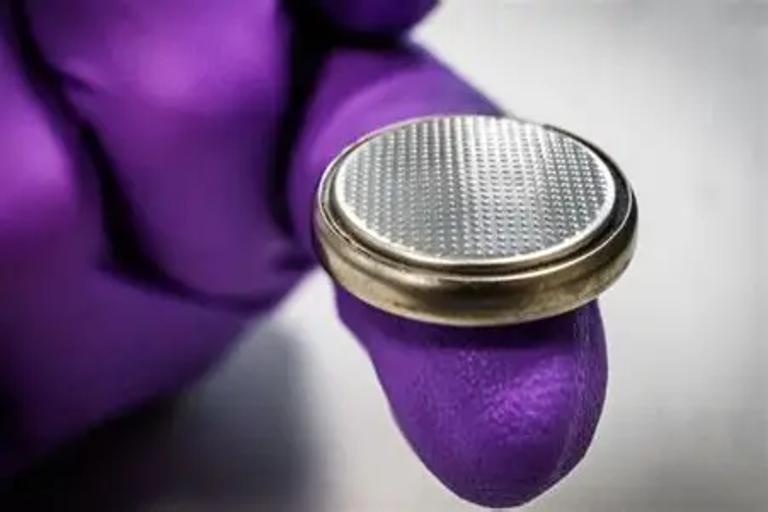Innovation & Tech
University Researchers Launch Eco-Friendly Battery Prototype
Scientists at the University of Toronto unveiled a biodegradable battery that could change the landscape of portable energy.
June 20, 2025 at 08:00 — By By Horizon Tribune Editorial Team

A team of researchers at the University of Toronto has unveiled a groundbreaking prototype for a biodegradable battery that could dramatically reduce the environmental impact of consumer electronics. Made primarily from plant-based materials, the new battery decomposes safely in soil after use — a significant step forward in the quest for sustainable energy storage.
The project, led by Dr. Ayesha Desai from the Department of Materials Science, has been in development for over three years. The team used cellulose and other organic compounds to create an electrolyte and casing that perform similarly to conventional batteries but break down naturally within a few weeks of disposal.
“We were inspired by how nature stores and releases energy,” said Dr. Desai. “Our goal was to engineer a solution that meets performance standards while eliminating toxic waste from discarded batteries.”
Traditional lithium-ion batteries contain heavy metals and non-degradable components that can contaminate soil and groundwater. Canada disposes of hundreds of thousands of such batteries each year, posing a growing waste management problem.
The biodegradable battery delivers a lower voltage than standard models, but researchers say it's ideal for single-use or short-term applications — such as environmental sensors, wearable health devices, and temporary electronics used in field research.
Tests show the battery maintains stable output over several days and can power small devices like LED lights or basic monitoring equipment. More importantly, when buried in soil, the casing and interior degrade without releasing harmful substances, leaving behind only organic remnants.
The university has partnered with a local startup, GreenSpark Tech, to explore commercialization. “We’re currently refining the design for scalability,” said GreenSpark CEO Lucas Cheng. “There’s a lot of interest from universities, medical research labs, and even agriculture companies.”
The innovation is also gaining international recognition. Earlier this month, the team presented their findings at the Global Green Energy Summit in Berlin, where they received a sustainability award and caught the attention of several environmental NGOs.
To support further development, the project received a $500,000 grant from Sustainable Development Technology Canada. The funds will help optimize production methods and conduct additional safety testing in varied environmental conditions.
Dr. Desai emphasized the collaborative nature of the work. “This wasn’t just a science lab breakthrough. We worked with engineers, biochemists, and even Indigenous advisors who offered insights into land stewardship and material ethics.”
In the lab’s future roadmap is a semi-flexible version of the battery that could be embedded in textiles or biodegradable packaging, expanding its range of use cases in both consumer goods and smart agriculture.
Environmental advocates have welcomed the breakthrough as a model for responsible innovation. “This is the kind of thinking we need — solutions that work with nature, not against it,” said Isabelle Lavoie of the Canadian Environmental Alliance.
Though not yet ready for mass-market deployment, the biodegradable battery from Toronto may soon power more than just gadgets — it might help spark a new standard for sustainability in tech.